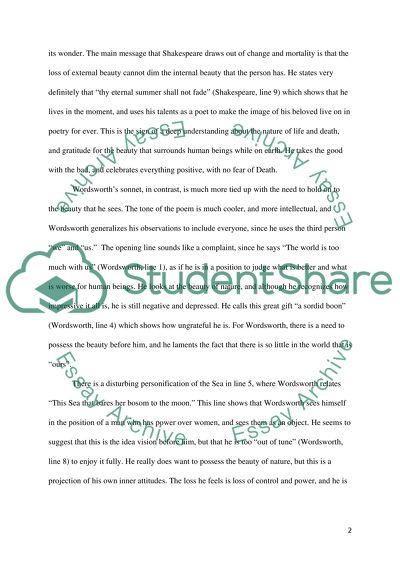Cite this document
(“Love, Nature and Loss in Two Sonnets Research Paper”, n.d.)
Love, Nature and Loss in Two Sonnets Research Paper. Retrieved from https://studentshare.org/literature/1451830-poetry-compare-contrast-essay
Love, Nature and Loss in Two Sonnets Research Paper. Retrieved from https://studentshare.org/literature/1451830-poetry-compare-contrast-essay
(Love, Nature and Loss in Two Sonnets Research Paper)
Love, Nature and Loss in Two Sonnets Research Paper. https://studentshare.org/literature/1451830-poetry-compare-contrast-essay.
Love, Nature and Loss in Two Sonnets Research Paper. https://studentshare.org/literature/1451830-poetry-compare-contrast-essay.
“Love, Nature and Loss in Two Sonnets Research Paper”, n.d. https://studentshare.org/literature/1451830-poetry-compare-contrast-essay.


